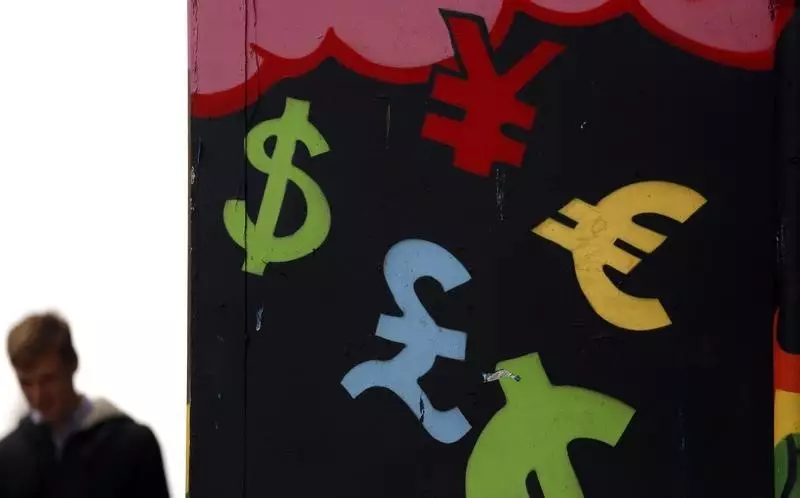The landscape of cryptocurrency has always been characterized by its rapid evolution and the accompanying legal challenges. Recent events, particularly the extradition of Do Kwon, co-founder of Terraform Labs, have underscored the precariousness of this environment. Kwon’s legal battles are not just a personal struggle; they symbolize a critical moment in the scrutiny of how cryptocurrencies operate and how they are regulated. The implications of this case could potentially extend beyond the borders of one individual’s actions, impacting the entire digital currency market.
Do Kwon’s extradition to the United States marks a significant shift in the handling of legal responsibility within the cryptocurrency sector. Apprehended in Montenegro while allegedly attempting to flee, Kwon was transferred to U.S. custody after Montenegrin judicial procedures determined that extradition criteria were met. The rigorous evaluation of legal standards underlines the seriousness with which authorities are treating Kwon’s alleged infringements. Meanwhile, South Korea is also pursuing Kwon, highlighting the international dimension of regulatory efforts concerning cryptocurrency.
At the heart of the matter are the allegations that Kwon deceived investors regarding the stability of the TerraUSD cryptocurrency and the operations surrounding the Terraform blockchain. Accusations from the SEC charge that Kwon’s actions precipitated losses amounting to approximately $40 billion in the cryptocurrency market, an assertion that reflects the rampant volatility of digital assets. This case accentuates the risks that investors face and raises questions about the adequacy of existing regulatory frameworks to protect them.
The TerraUSD was intended to be a “stablecoin,” designed to maintain a consistent value of $1. However, its catastrophic collapse in May 2022 sent shockwaves through the cryptocurrency ecosystem, exposing vulnerabilities inherent in stablecoin structures. While stablecoins are marketed as less volatile alternatives to traditional cryptocurrencies, Kwon’s situation reveals that they are not immune to drastic market changes and manipulation.
Kwon’s legal troubles, combined with the SEC’s ongoing applications against Terraform Labs, spotlight the urgent need for robust legal frameworks within the cryptocurrency marketplace. As governments worldwide grapple with how to regulate this emerging domain, Kwon’s extradition serves as a precursor to more stringent oversight and the potential reshaping of how cryptocurrencies are governed. This scenario raises pivotal queries about the balance between innovation in technology and the necessity for consumer protection.
The outcome of Kwon’s trial in the United States could set a critical precedent for future cryptocurrency regulations. As enforcement actions against notable figures within the industry escalate, stakeholders must pay heed to the evolving compliance landscape. The Kwon case offers an important lesson about the importance of transparency and accountability in the nascent world of digital currencies, underscoring the increasingly critical role of regulatory bodies in shaping a sustainable future for cryptocurrencies. In essence, while the cryptocurrency sector promises revolutionary potential, cases like Kwon’s highlight the necessity for a balanced approach to ensure it does not come at the expense of investor security.


Leave a Reply